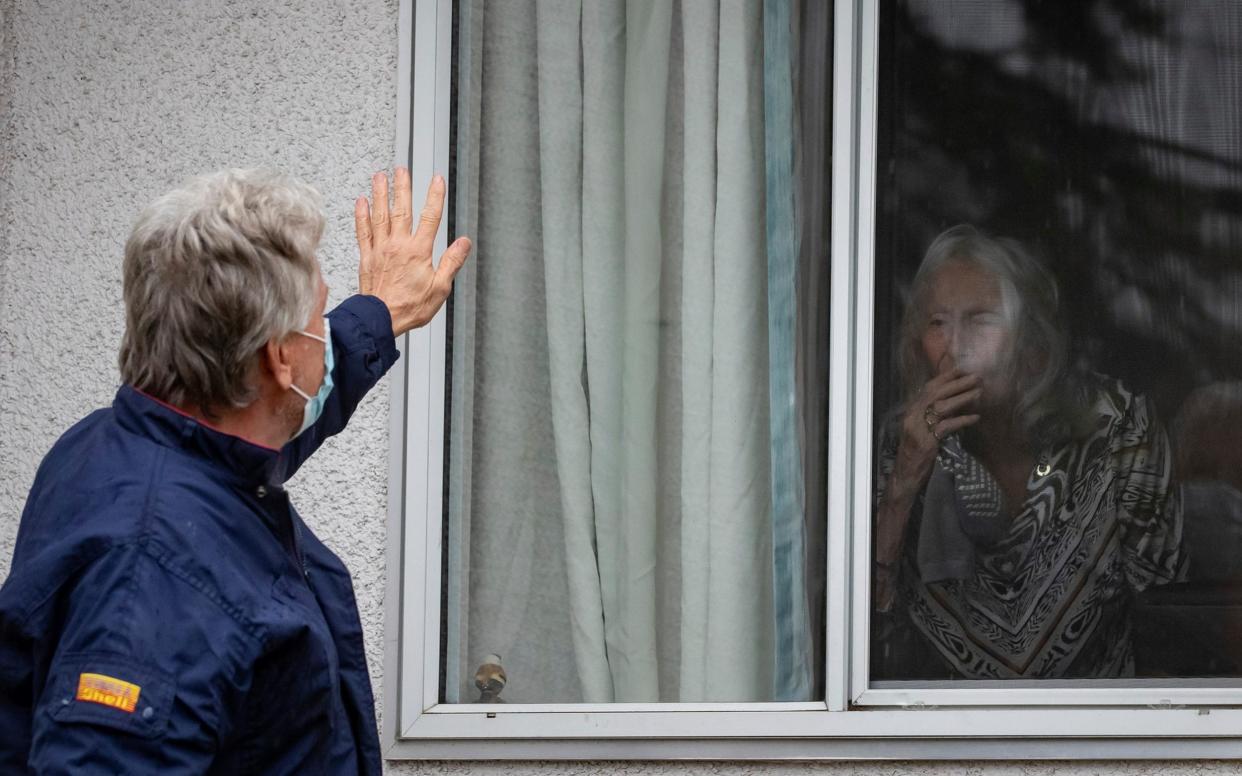Self-isolation to be scrapped for Covid case contacts, Government reveals


Self-isolation will no longer be required for the contacts of positive Covid cases under plans to be announced by the Government on Monday.
Instead, the contacts of those who test positive will be asked to undergo daily tests for seven days and allowed to go about their business in the meantime.
Ministers will say the current system – which was criticised by the Government's own advisers as "massively ineffective and hated" – will be dismantled nationwide in January if pilot schemes succeed.
As well as ending the self-isolation system, the move could form part of an exit strategy from tiered restrictions.
Watch: Lockdown to end next week allowing shops, gyms and salons to reopen - and fans back in some stadiums
Poor adherence to the current system of isolation, which requires people to stay home for 14 days, is one of the key drivers of infection rates which have pushed areas into higher tiers. Officials hope that people will be more likely to comply with quick tests that free them from restrictions than to adhere to two-week quarantines.
The plan to end self-isolation is part of a wider mass testing strategy which could also see care home residents allowed to receive frequent visits from their loved ones.
Tests will be rolled out for visitors to care homes, allowing family members to hug and hold hands. If a pilot scheme in 20 homes is successful, every care home resident in the country will be allowed to have up to two visitors, who can be tested twice a week, from next month.
The Prime Minister will say the new system of repeat testing for the contacts of positive cases, which will begin being piloted in Liverpool on Monday, would help the country "get the virus back under control".
Under the current system, those with a positive result are required to stay home for 10 days, while their "close contacts" must stay home for 14 days. There is no limit to the number of times people can be asked to self-isolate, meaning individuals can be repeatedly told to spend two weeks in isolation.
There are also no exclusions for those who have already had the virus, among them Boris Johnson who is in a spell of self-isolation which is due to end this Thursday.
Mr Johnson is expected to detail the testing plans – part of "Operation Moonshot" – as he sets out a new tier system on Monday and plans for the relaxation of restrictions over Christmas.
Watch: COVID Christmas plans - What to expect during the festive season
Areas that fall into the highest tiers will also be given early access to expanded testing to give them "a direct route out of the toughest restrictions". Officials said the Liverpool pilot scheme, which has seen more than 200,000 people tested, has contributed to a substantial fall in Covid cases.
Warning that Britain is "not out of the woods yet" despite a flattening of new cases, the Prime Minister will say: "The virus is still present in communities across the country, and remains both far more infectious and far more deadly than seasonal flu.
"But with expansion in testing and vaccines edging closer to deployment, the regional tiered system will help get the virus back under control."
On Sunday, 18,662 infections and 398 deaths were recorded. However, the death figure was inflated by 141 cases which should have been added to Saturday’s figure of 341.
Daily testing for those in close contact with positive Covid cases will rely on "lateral flow" tests, which give results in less than 30 minutes.

 Yahoo News
Yahoo News 
